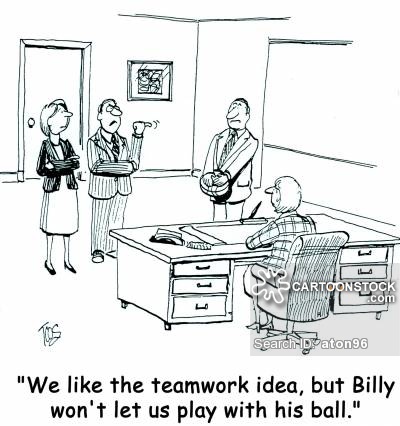Eugene Debs once said, “I never had much faith in leaders. I am willing to be charged with almost anything, rather than to be charged with being a leader. I am suspicious of leaders, and especially of the intellectual variety. Give me the rank and file every day in the week. If you go to the city of Washington, and you examine the pages of the Congressional Directory, you will find that almost all of those corporation lawyers and cowardly politicians, members of Congress, and mis-representatives of the masses — you will find that almost all of them claim, in glowing terms, that they have risen from the ranks to places of eminence and distinction. I am very glad I cannot make that claim for myself. I would be ashamed to admit that I had risen from the ranks. When I rise it will be with the ranks, and not from the ranks.” (1918)
I first found this quote many years ago and it spoke to me about a sense of leadership that comes from those that you lead. Now, when I originally stumbled on this quote, I knew nothing of Eugene Debs background or place in history I just truly enjoyed this quote.
Debs was a labor organizer and a socialist in America in the early 1900’s. He ran for president five times as a member of the Socialist Party. Later in his life he was sentenced to 10 years in prison for his position on World War II.
This quote by Debs has always inspired me as I have considered my own leadership style. There is an appeal to me that instead of being viewed above followers or superior to them that your role is to be the leader just as others have their roles to play. I viewed this quote as what I thought as servant leadership without ever knowing what that meant.
Robert K. Greenleaf defined servant leadership in 1970 as it “begin with the natural feeling that one wants to serve, to serve first. Then conscious choice brings on to aspire to lead…The difference manifests itself in the care take by the servant – first to make sure that other people’s highest priority needs are being served. The best test…is: do those served grow as persons; do they, while being served, become healthier, wiser, freer, more autonomous, more likely themselves to become servants? And, what is the effect on the least privileged in society, will they benefit, or, at least, will they not be further deprived? (p.15)” (Cited in Northouse 2015, p. 226)
This definition of servant leadership aligns with elements of the Debs quote that has inspired me for the duration of my career. The role of being a leader is to serve those who follow us as without them we are no longer leaders. It is our obligation to ensure those who follow us excel as individuals and we actively seek to foster growth for those who have agreed to join us in our efforts. It is particularly appealing to me that
Is this quote from Debs a representation of servant leadership? I believe it is. Debs is stating the essence of servant leadership when he says, “I would be ashamed to admit that I had risen from the ranks. When I rise it will be with the ranks, and not from the ranks.” It is this idea of elevating those who follow you as the essence of his philosophy to deeply connects to the definition of servant leadership.
Debs, E. V. The Canton, Ohio Speech, Anti-War Speech. (June 6, 1918). Retrieved June 23, 2016, from https://www.marxists.org/archive/debs/works/1918/canton.htm
Northouse, P. G. (2015). Leadership: Theory and practice. Thousand Oaks, CA: Sage.


